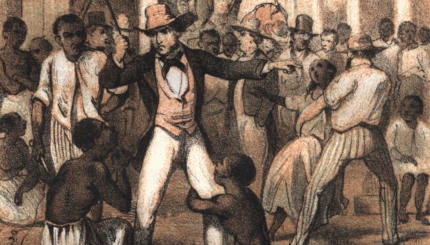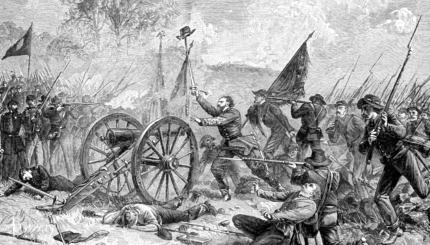So, an article I wrote about the Jews of Suriname was published in the Washington Post over the weekend. And I’ve gotten some interesting feedback. Some of it has been from the various curmudgeons of my life (here’s a tip: if you have a serious commentary, feel free to write a letter to the editor. If you don’t like how something was worded…move on) and some of it has been from nice and not-so-nice strangers, wanting to remind me gently or not-so-gently that the Jewish community I wrote about depended on slave labor.
This is 100% true. From the beginning, the Jews of Suriname owned slaves. The buildings they lived in were probably entirely or almost entirely built by slaves. The sugar they produced was produced by slaves. In the article I talk about visiting the cemetery at Jodensavanne, the Jewish settlement. Nearby there’s a cemetery for the slaves of Jodensavanne. So yes, they had slaves. I think it’s safe to assume that the slaves were treated poorly by most, and less poorly by some.
I didn’t write about the slaves, because that’s not really the focus of my interest. And when I went to Suriname, I spent time researching and talking about the Jewish community, not the history of the slavery in Suriname. So, I would have been way out of my depths if I had tried writing about slavery, in addition to writing about something that isn’t super interesting to me.
That’s not to say that I don’t care that slavery was bad. It was horrible, and I obviously don’t condone slavery. But is it a breach of journalistic integrity to leave out slavery if it doesn’t happen to be the thing that I’m interested in? Is it immoral to not mention that Jews owned slaves if that’s not the point of the article?



